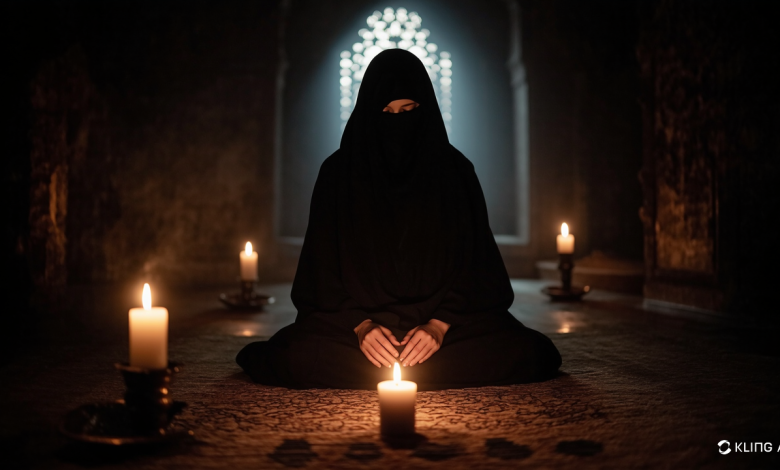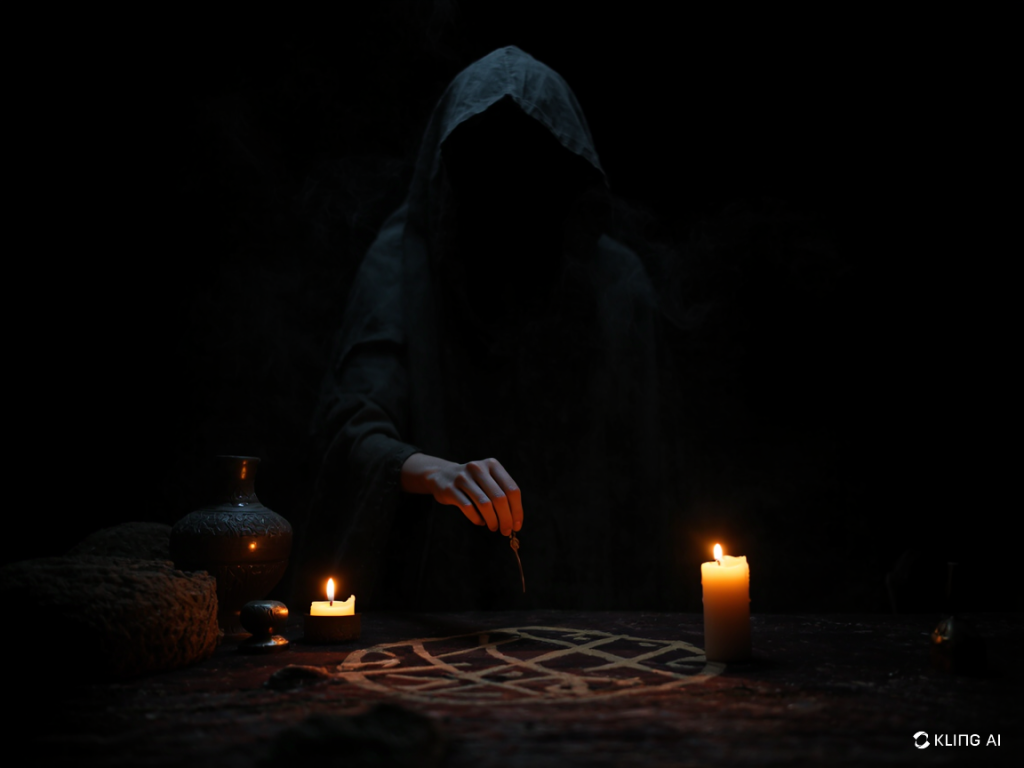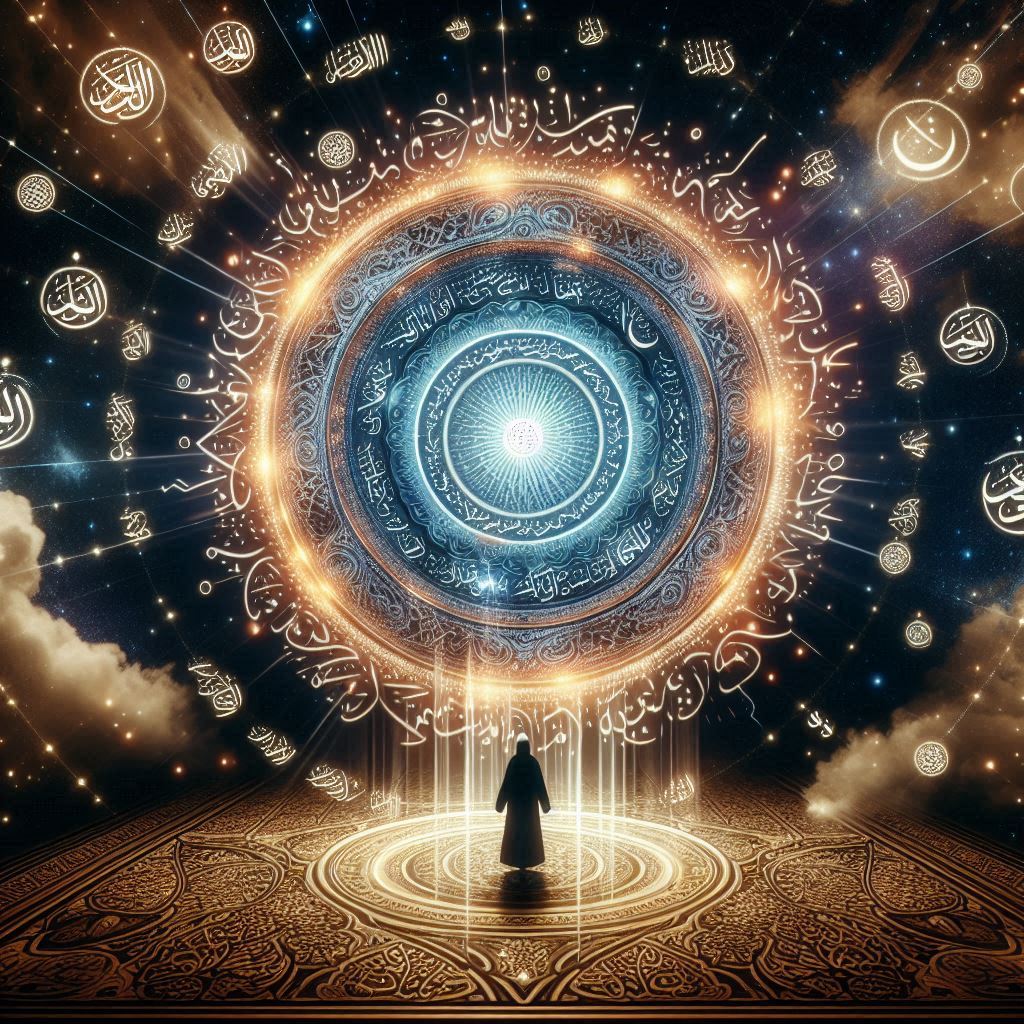Magic (Sihr) in Islam: An Islamic Perspective on Sorcery and Its Consequences

Magic, or sihr in Arabic, has been a subject of both fascination and fear across cultures and civilizations. Within Islam, however, sihr carries a very serious and sobering reality—it is not merely a trick or illusion, but a major sin with deep spiritual and legal implications. This article explores the concept of magic in Islam, its definition, the Islamic rulings surrounding it, real-life implications, and how Muslims can seek protection and healing through Islamic teachings.
Introduction

Magic (sihr) is often portrayed in popular media as a form of harmless entertainment or an exciting supernatural power. However, in Islam, the reality of sihr is far from innocent. The Qur’an and Hadith provide detailed accounts of sihr, its harmful consequences, and the grave sin associated with practicing or believing in it. This article aims to educate readers seeking an authentic Islamic perspective on magic in Islam, highlighting the clear prohibition and the necessary spiritual safeguards Muslims are encouraged to adopt.
Definition of Sihr in Islam
In Islamic terminology, sihr refers to hidden or secret acts carried out with the intention of causing harm, creating illusions, or manipulating natural laws through forbidden means. According to classical Islamic scholars, sihr is a form of manipulation using the aid of jinn and devils, often involving rituals, talismans, and incantations that oppose the teachings of Islam.
The Qur’an mentions sihr in multiple verses, most notably in Surah Al-Baqarah:
“And they followed what the devils had recited during the reign of Solomon. It was not Solomon who disbelieved, but the devils disbelieved, teaching people magic…” (Qur’an 2:102)
This verse clearly separates the prophet Solomon (Sulaiman, peace be upon him) from accusations of practicing magic and places the blame on devils who taught people these forbidden arts.
Islamic Rulings on Sihr

1. Prohibition of Sihr
Sihr is strictly prohibited in Islam. It is considered one of the major sins (kaba’ir) and is equated with disbelief (kufr) in many cases. The Prophet Muhammad ﷺ said:
“Avoid the seven destructive sins.” It was said, “What are they, O Messenger of Allah?” He said: “Associating others with Allah (shirk), magic (sihr)…”
(Sahih al-Bukhari and Sahih Muslim)
This hadith includes sihr among the most serious transgressions, placing it alongside shirk, which is the gravest sin in Islam.
2. Legal Status in Islamic Law
Under Islamic law (Shariah), practicing or assisting in magic is a punishable offense. Many scholars from the four major Sunni schools of thought agree that a person who practices magic that causes harm or leads to disbelief may be subject to capital punishment, depending on the nature and intent of their actions. This strict stance reflects the severity of sihr and its potential to destroy lives and faith.
Real-Life Implications of Sihr
While some deny the existence of magic, Islam acknowledges that sihr can have real and devastating effects. These include:
- Breakup of marriages
The Qur’an describes how people learned magic to separate a husband and wife (Qur’an 2:102), emphasizing the destructive social consequences. - Physical and mental harm
Victims of sihr may suffer from unexplained illnesses, hallucinations, depression, or an inability to function normally. - Loss of faith and spiritual confusion
Those involved in sihr may fall into shirk by relying on forces other than Allah, thus endangering their Hereafter.
These implications make it vital for Muslims to recognize and avoid all forms of sihr, whether for personal gain, revenge, or curiosity.
Protection from Sihr in Islam

Islam provides numerous methods for protection from sihr, rooted in the teachings of the Qur’an and the Sunnah. These include:
1. Recitation of Qur’anic Verses
- Surah Al-Falaq and Surah An-Naas: Known as al-Mu’awwidhatayn, these are specifically revealed for seeking refuge from harmful forces.
- Ayat Al-Kursi (2:255): A powerful verse often recited for protection against evil.
- Surah Al-Baqarah: The Prophet ﷺ said, “The devil flees from a house in which Surah Al-Baqarah is recited.” (Sahih Muslim)
2. Daily Adhkar (Remembrances)
Regularly reciting morning and evening supplications (adhkar) acts as a spiritual shield. These include phrases such as:
- “Bismillah alladhi la yadurru ma‘a ismihi shay’un fi al-ardi wa la fi al-sama…”
(In the name of Allah, with whose name nothing in the earth or the heavens can cause harm…)
3. Ruqyah (Spiritual Healing)
Ruqyah involves reading specific Qur’anic verses and authentic supplications to treat spiritual ailments. It can be done by a qualified person or by oneself, as long as it adheres strictly to Islamic guidelines and avoids innovation or shirk.
4. Trust and Tawakkul in Allah
Having firm belief in Allah’s protection and maintaining a sincere connection through prayer, charity, and righteous deeds also act as defenses against sihr.
Conclusion

The Islamic view on magic is unequivocal: it is real, dangerous, and strictly prohibited. Far from being a source of entertainment or power, sihr is a path that leads away from the mercy of Allah and into spiritual destruction. As outlined in the Qur’an and Hadith, magic in Islam is a major sin, often linked with disbelief, and has tangible effects that can ruin lives and communities.
Muslims are encouraged to seek knowledge, remain vigilant, and protect themselves through the powerful tools given by Islam—faith, remembrance, Qur’anic recitation, and sincere dua. Understanding the nature and ruling of sihr in Islam is not just a matter of belief; it is a matter of safeguarding one’s soul in both this world and the Hereafter.
Let this awareness be a shield, and let our reliance be on none other than Allah, the Most Merciful and Most Powerful.


